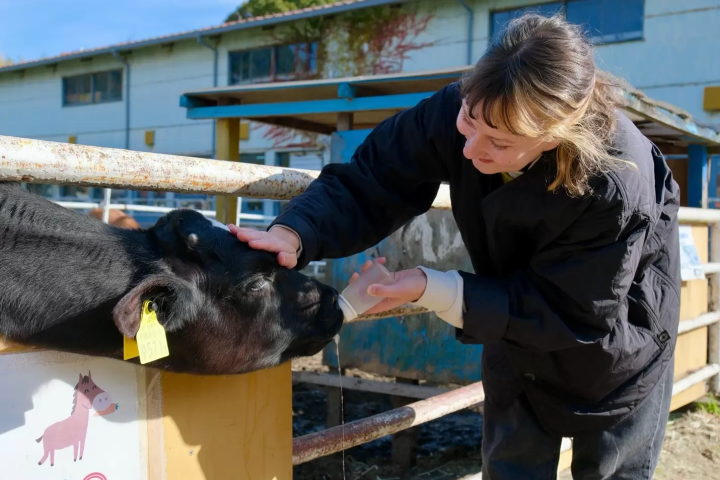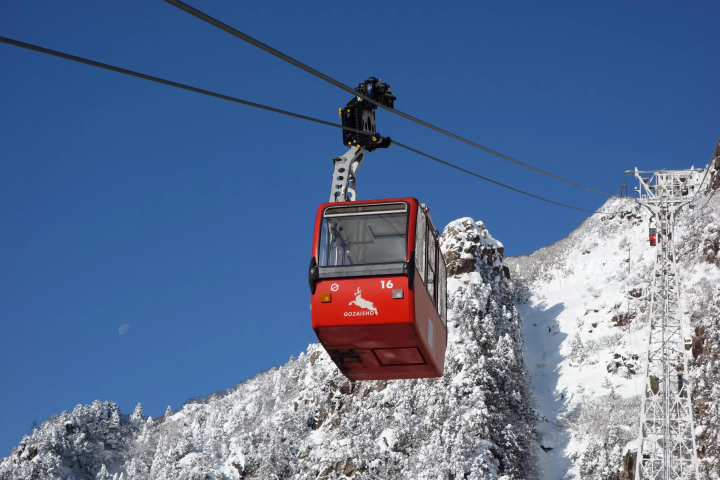Enoshima is home to many legends of dragons. Visit Enoshima Shrine's Ryugu Shrine and Iwaya Cave.

Legends of dragons that remain around the world. Enoshima is also said to be a place where dragons have lived since ancient times, and there is strong belief in the dragon god, and there are many legends related to dragons. Dragons are legendary beings and are considered to be imaginary animals, but are they really true? If you come here to Enoshima, you might even feel the presence of dragons.
Enoshima has a strong belief in the dragon god. There are many legends related to dragons, including the legend of the Five-Headed Dragon and Benzaiten, and "Enoshima Engi."
According to the Taiheiki, a military chronicle, around the time the Kamakura Shogunate was established, when Hojo Masatoki prayed for the prosperity of his descendants in Iwaya Cave, Benzaiten appeared in front of him and promised to grant Masatoki's wishes. After that, it is said that she took the form of a dragon and disappeared into the sea.
The three scales were given to the dragon at that time, and the three scales were used as the Hojo family emblem, which is how the three scale crests came about. Due to this belief in the dragon god, Ryugu was built right above Enoshima Iwaya, with the dragon god as the deity enshrined.
Dragons are mysterious beings. Why is there only one dragon among the zodiac animals, which is a fictional entity? People around the world sometimes say they have seen dragons, and many artists have painted dragons that look similar. The sight of him swimming leisurely, with his long beard and endless tail swaying, may not be imaginary, but rather floating in space and time. There seems to be a spiritual view that the dragon appears to convey a mission to the person.
Enoshima is an island with many legends related to dragons. It may not be just a legend.
◎We will work together with businesses that provide hospitality to foreigners through Japanese traditional culture to realize experiential tours for foreigners visiting Japan and spread the appeal of Japan to the world. ◎We aim to further revitalize the Fujisawa/Shonan area by holding "Japanese Traditional Culture Hospitality Events" in collaboration with the government and operating hospitality activities for foreigners.
The contents on this page may partially contain automatic translation.






























![[Company Visit List] Learn from Japanese Business Leaders: Factory Tours & Corporate Visits in Southern Osaka Featuring Manufacturing Technology and Management Philosophy](https://resources.matcha-jp.com/resize/720x2000/2024/12/13-215168.webp)
![[Recommended accommodation in Ureshino Onsen] 1.5 hours from Hakata Station! Enjoy Japanese tea and skin-beautifying hot springs at Saga Ureshino Onsen URESHINO YADOYA](https://resources.matcha-jp.com/resize/720x2000/2025/06/14-236549.webp)


![[Kagoshima] Overcoming 12 Years of Hardship: Walking through Minamisatsuma City, the sacred land where the monk Ganjin landed](https://resources.matcha-jp.com/resize/720x2000/2026/02/21-259481.webp)